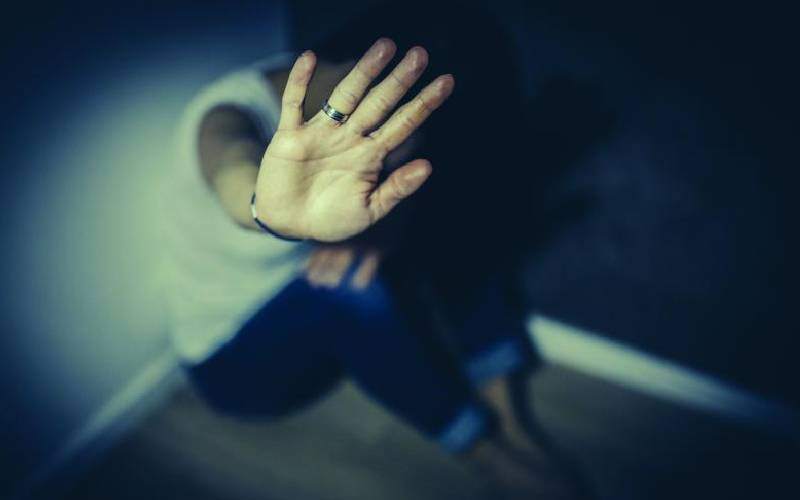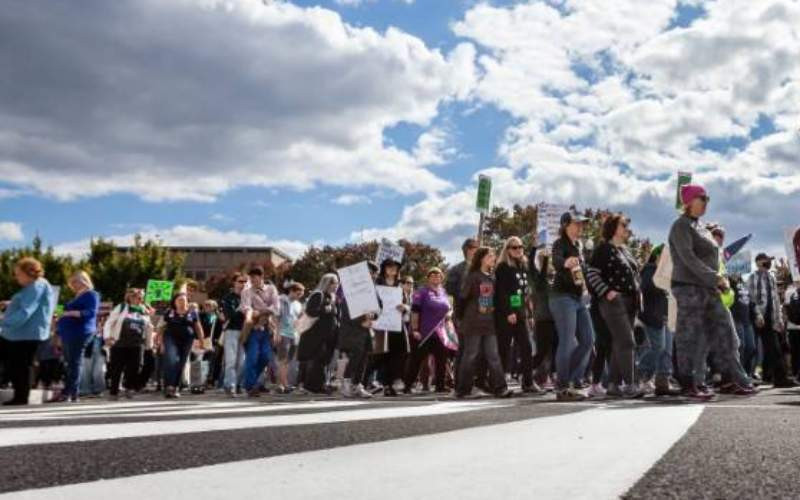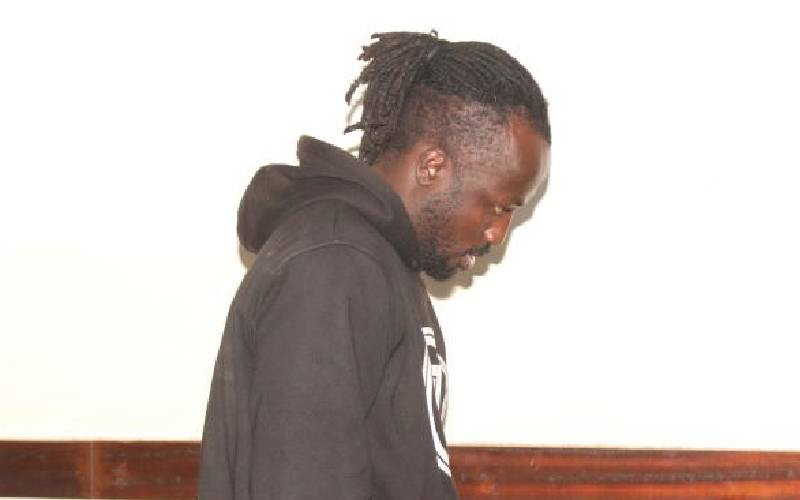By Caroline Rwenji
Female lawyers will henceforth not wear miniskirts when they appear in court.
They will also have to save their colourful wear and sleeveless shirts and dresses for the weekends and public holidays, according to a dress code released on Wednesday.
While releasing the revised Law Society of Kenya dress code for practicing Advocates of the High Court, LSK Secretary Apollo Mboya and Chairman Eric Mutua said the guidelines are a way of streamlining and maintaining dignity in the profession.
“Female lawyers should not wear revealing clothes, including sleeveless shirts or dresses,” they said.
Women lawyers will also have to give up their peep toe shoes and sandals, and save the colourful footwear for the weekends. Flamboyant hair dos and colourful bands have also been banned.
“Female advocates are allowed to braid or plait their hair as long as the hair-do lends to the dignity of the profession,” Mr Mboya said.
Mr Mutua added the hair braids must be neat and held back from the face with a hair band, ribbon or hair clip when appearing before court.
Mutua said wearing of culottes, shorts and jeans is not allowed. Skirts must be of dark colours and at least knee length.
And blouses must be black, charcoal grey, navy blue or similar colours and may be printed materials of a combination of the colours together with cream and white.
“Shoes that expose the toes of both male and female lawyers are banned unless suffering from a feet ailment when sandals can be allowed. Shoes must be black, grey, navy blue or brown,” the LSK chairman said.
Mboya said it will be professional misconduct for any lawyer to appear in court dressed contrary to the laid down guidelines.
Female lawyers can nonetheless wear trouser suits and braid their hair when appearing before judges, magistrates and tribunals.
Mboya said the LSK Council revised the dress code following pronouncements on dressing by the Chief Justice that created confusion last year. He stated that the LSK Council, after visiting some courts upcountry, were shocked that some judicial officers dressed down in jeans and T-shirts on Fridays.
Mboya said advocates should not dress down on any day of the week when appearing before a court or tribunal.
Stay informed. Subscribe to our newsletter
Mutua said the LSK Revised Dress Code (2013) prepared by the LSK Council intends to give guidance to practicing advocates in courts and tribunals.
“All manner of flamboyance and garishness must be avoided at all costs. Advocates must not appear untidy or unkempt,” Mutua said.
Mboya said the revised dress code has been sent to Chief Justice Willy Mutunga for circulation to judicial officers and Attorney General Githu Muigai and Director of Public Prosecutions for circulation to State and Prosecution Counsel in their Chambers.
Male advocates must also wear neckties at all times. They should also remain in their coats during the court sessions regardless of how hot it gets and can only remove these after direct permission from a presiding Judge or Magistrate. “Blazers for male advocates must be of dark colours, pinstriped or of dark colours.”
 The Standard Group Plc is a
multi-media organization with investments in media platforms spanning newspaper
print operations, television, radio broadcasting, digital and online services. The
Standard Group is recognized as a leading multi-media house in Kenya with a key
influence in matters of national and international interest.
The Standard Group Plc is a
multi-media organization with investments in media platforms spanning newspaper
print operations, television, radio broadcasting, digital and online services. The
Standard Group is recognized as a leading multi-media house in Kenya with a key
influence in matters of national and international interest.
 The Standard Group Plc is a
multi-media organization with investments in media platforms spanning newspaper
print operations, television, radio broadcasting, digital and online services. The
Standard Group is recognized as a leading multi-media house in Kenya with a key
influence in matters of national and international interest.
The Standard Group Plc is a
multi-media organization with investments in media platforms spanning newspaper
print operations, television, radio broadcasting, digital and online services. The
Standard Group is recognized as a leading multi-media house in Kenya with a key
influence in matters of national and international interest.








